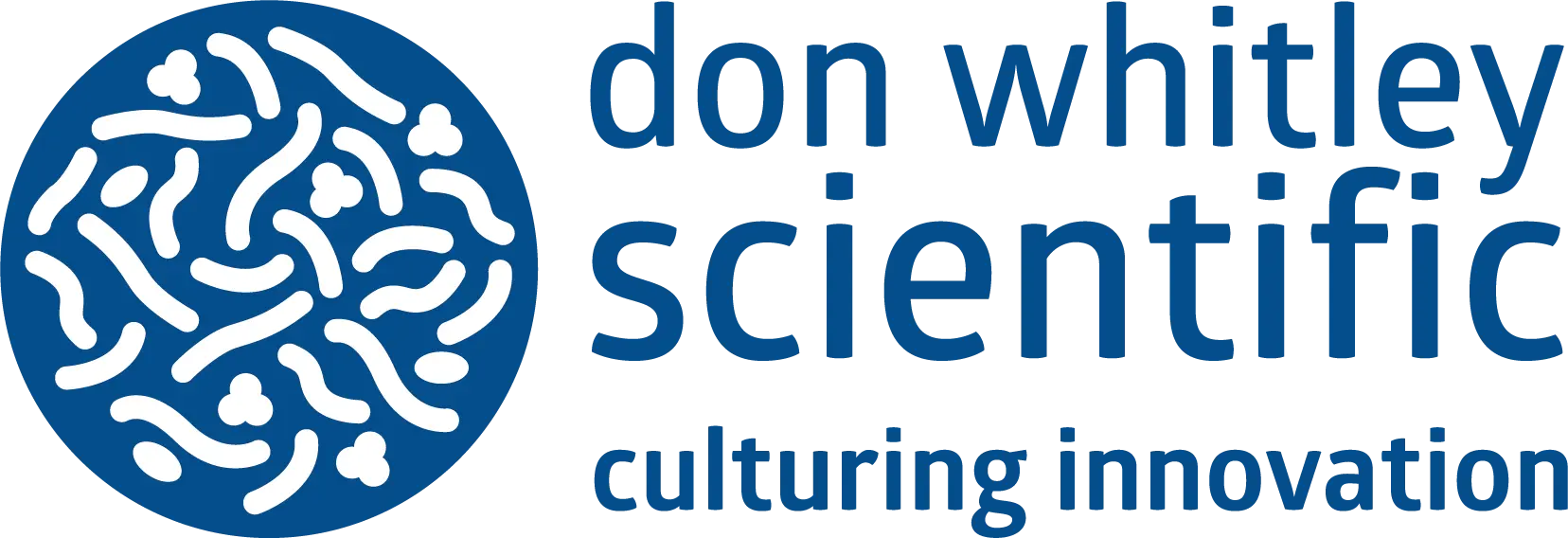
by Dr Andrew Pridmore
Various species of intestinal bacteria have been associated with the development of colorectal cancer (CRC), but a direct role of bacteria in the occurrence of oncogenic mutations has not been established.
Some Escherichia coli strains carry the polyketide synthase genomic island pks, which encodes a multi-enzymatic machinery that produces colibactin, a substance that damages DNA and induces double-strand breaks in cultured cells. Recently, a consortium of researchers from the Netherlands, UK, USA and France exposed human intestinal organoids (miniaturized and simplified version of organs produced by in vitro three-dimensional cell culture) to one of these E. coli strains, over a period of 5 months. Whole-genome sequencing of organoids before and after this exposure revealed a distinct set of mutations that is also detectable in certain human cancer genomes, predominantly from CRC.
The results of this study imply that the underlying mutational process in CRC may result from past exposure to bacteria carrying the pks pathogenicity island. The researchers suspect it may contribute to a minority (approximately 5%) of CRC cases, but further work is needed to confirm the link.
The full text of this publication (in Nature) is available via a link in a BBC News article that describes the study: https://www.bbc.co.uk/news/health-51626946
Dr Andrew Pridmore (pictured) runs the contract microbiology laboratories at Don Whitley Scientific.


 en
en

 English
English